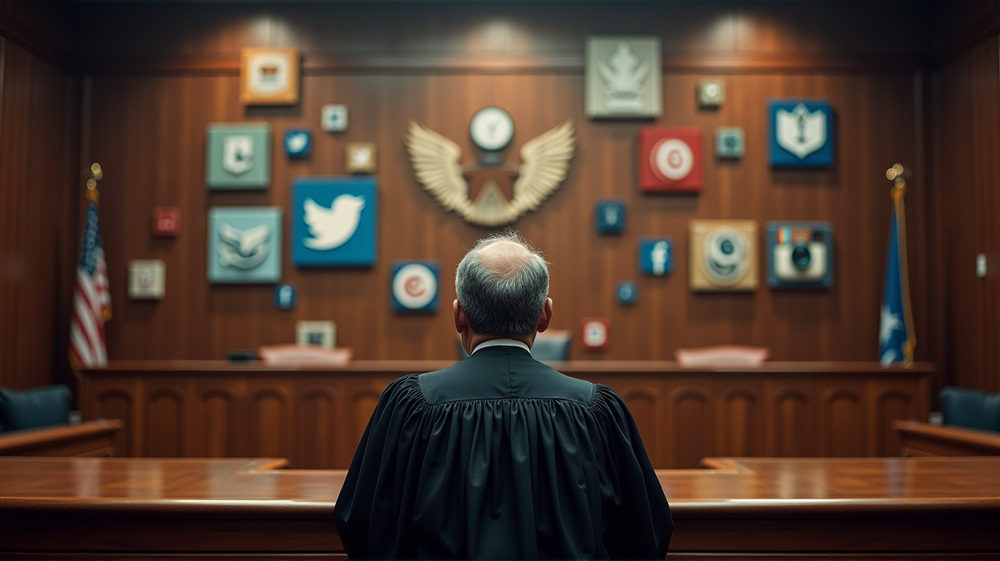Georgia's Social Media Law Stopped: Kids' Digital Rights Defended
A federal judge has brought a halt to a controversial 2024 Georgia law aimed at restricting minors’ access to social media. This pivotal decision underscores the significance of the First Amendment and raises crucial questions about the balance between protecting youths and upholding free speech.
Prelude to Legal Battle
The Protecting Georgia’s Children on Social Media Act was met with applause and apprehension alike. Garnering robust support in the Georgia General Assembly, it emerged as a flagship initiative for Republican Lt. Gov. Burt Jones. However, resistance soon mobilized, with the federal court emerging as the battleground where the law’s restrictions would meet a formidable challenge.
First Amendment Under Scrutiny
Federal Judge Amy Totenberg’s ruling emphasizes the sanctity of free speech. In her preliminary injunction, she noted that the legislation lacked the “compelling interest” needed to justify its restrictions. NetChoice, a collective heavyweight of social media entities including Meta and YouTube, stood at the forefront of this legal contest, voicing concerns over governmental overreach.
“Free expression doesn’t end where government anxiety begins,” stated Chris Marchese of NetChoice, championing the cause of parental discretion over legislative intervention in children’s online activities.
The Mechanics of a Controversial Law
Signed by Governor Brian Kemp, the law mandated stringent age verification procedures and parental consent for users under 16, forbidding advertising directed at minors. Proponents highlighted studies linking social media to heightened risks among youths, particularly teenage girls. However, Judge Totenberg critiqued these verification measures as imposing “severe burdens” on all users.
A Wider Impact
This decision in Georgia is not an isolated event. Similar legal frameworks have been questioned and suspended in other states like Texas and California. As noted in The Georgia Sun, the invocation of the First Amendment across varying jurisdictions signifies a broader societal debate on digital rights.
The Path Ahead
As legal skirmishes unfold, the discourse on how to safeguard children online without compromising fundamental freedoms continues. This injunction not only halts a specific regulatory measure but invites a broader reconsideration of digital free speech and the responsibilities of governmental oversight.
In an era defined by electronic connectivity and global interaction, the dialogues stemming from this judicial decision will likely craft the contours of digital rights for future generations. Balancing the scales of protection and expression remains a challenge worthy of contemplation and collaboration.




